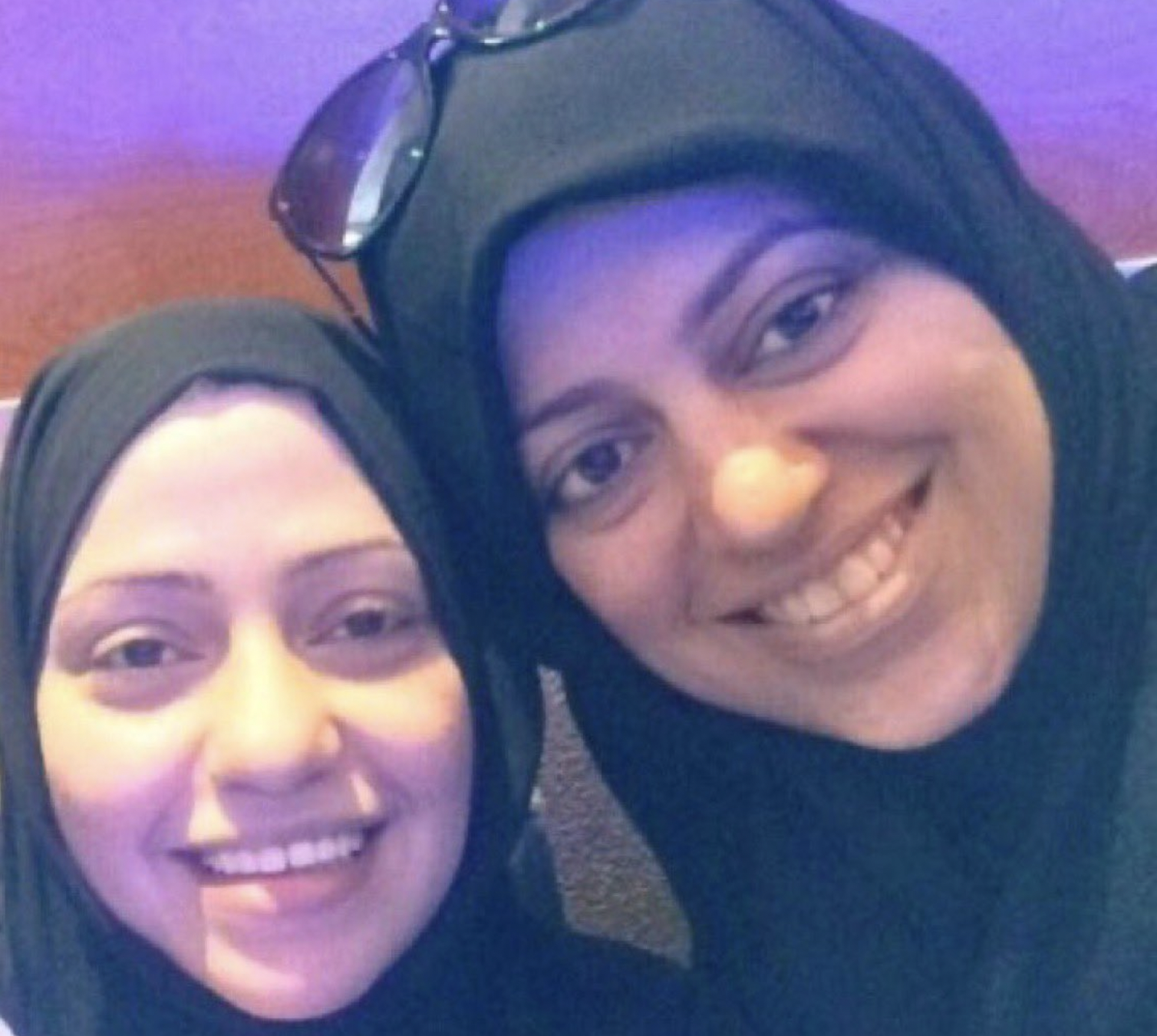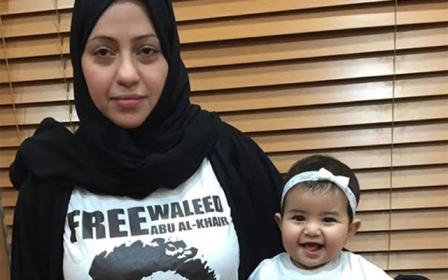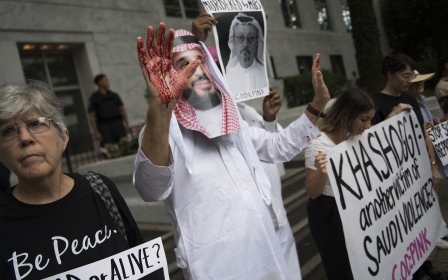Saudi Arabia: Two prominent human rights activists released from prison

Samar Badawi and Nassima al-Sadah, who were arrested in 2018 amid Saudi Arabia's crackdown on dissenting voices, have been released.
Sadah, a human rights writer and activist, campaigned for women's rights - specifically for those from Saudi Arabia's Shia minority.
She was placed in solitary confinement in early 2019 in al-Mabahith Prison in Dammam.
Meanwhile, Badawi was among the first women to sign a petition calling on the government to allow women to drive, vote, and run in elections.
After her arrest in 2018, Badawi was held in the Dhahban Central Prison in Jeddah.
New MEE newsletter: Jerusalem Dispatch
Sign up to get the latest insights and analysis on Israel-Palestine, alongside Turkey Unpacked and other MEE newsletters
Saudi authorities have not yet commented publicly on their release.
The two women "should never have been jailed in the first place and deserve justice (and) compensation for their arbitrary detention," Adam Coogle, deputy director for the Middle East and North Africa at Human Rights Watch, wrote on Twitter.
That view was echoed by Amnesty International, which called on Saudi King Salman to "remove the travel bans on Nassima and Samar, and all the released peaceful activists".
Both women were reportedly targeted multiple times and placed under travel bans for their human rights activism prior to their arrest in 2018.
In 2010, Samar Badawi was imprisoned for issues relating to a case in which her father accused her of disobedience under the Saudi Arabian male guardianship system.
She was arrested again in 2016 for using the Twitter account of her then-husband, Waleed Abulkheir, another jailed human rights activist and lawyer.
He remains imprisoned, serving a 15-year sentence for human rights activism.
Her brother, Raif Badawi, is also serving a 10-year sentence for expressing online opinions deemed controversial.
Badawi received the United States' International Women of Courage Award in 2012 for challenging the guardianship system.
State coercion
Several freed activists and their family members are barred from leaving Saudi Arabia, in a collective punishment that leaves them vulnerable to what campaigners call state coercion.
In late December, a Saudi court handed prominent activist Loujain al-Hathloul a prison term of five years and eight months for terrorism-related crimes, but a partially suspended sentence paved the way for her early release in February.
Hathloul was released on probation and is banned from leaving the kingdom for five years.
The crackdown on women activists, which drew global condemnation, has cast a spotlight on the human rights record of the kingdom, an absolute monarchy.
US President Joe Biden has vowed to press Saudi Arabia harder on human rights and earlier this year declassified an intelligence report into the 2018 killing of Washington Post and Middle East Eye journalist Jamal Khashoggi inside the kingdom's Istanbul consulate.
Middle East Eye delivers independent and unrivalled coverage and analysis of the Middle East, North Africa and beyond. To learn more about republishing this content and the associated fees, please fill out this form. More about MEE can be found here.





